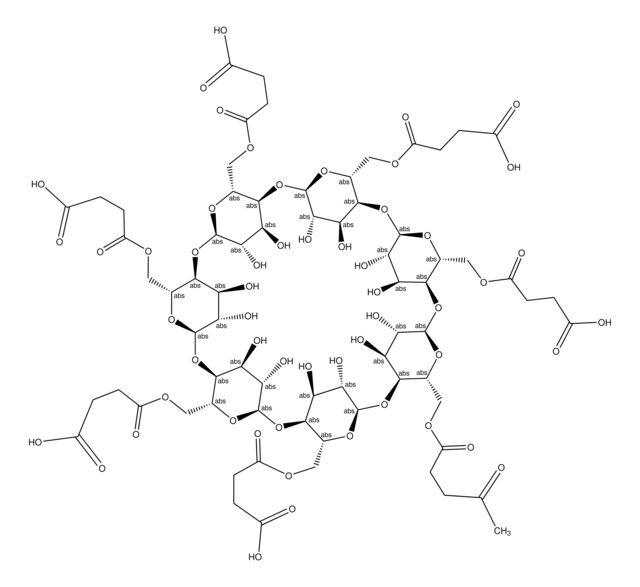C3412
Cyproterone acetate
≥98%
Synonym(s):
6-Chloro-1β,2β-dihydro-17-hydroxy-3′H-cyclopropa(1,2)-pregna-1,4,6-triene-3,20-dione acetate
About This Item
Recommended Products
Assay
≥98%
form
powder
storage temp.
2-8°C
SMILES string
[H][C@@]12CC[C@](OC(C)=O)(C(C)=O)[C@@]1(C)CC[C@@]3([H])[C@@]2([H])C=C(Cl)C4=CC(=O)[C@@H]5C[C@@H]5[C@]34C
InChI
1S/C24H29ClO4/c1-12(26)24(29-13(2)27)8-6-16-14-10-20(25)19-11-21(28)15-9-18(15)23(19,4)17(14)5-7-22(16,24)3/h10-11,14-18H,5-9H2,1-4H3/t14-,15+,16-,17-,18-,22-,23-,24-/m0/s1
InChI key
UWFYSQMTEOIJJG-FDTZYFLXSA-N
Gene Information
human ... AR(367) , NR3C1(2908) , PGR(5241)
mouse ... Nr3c1(14815)
rat ... Ar(24208)
Looking for similar products? Visit Product Comparison Guide
Application
Biochem/physiol Actions
Signal Word
Warning
Hazard Statements
Precautionary Statements
Hazard Classifications
Acute Tox. 4 Dermal - Acute Tox. 4 Inhalation - Carc. 2
Storage Class Code
11 - Combustible Solids
WGK
WGK 3
Flash Point(F)
Not applicable
Flash Point(C)
Not applicable
Personal Protective Equipment
Certificates of Analysis (COA)
Search for Certificates of Analysis (COA) by entering the products Lot/Batch Number. Lot and Batch Numbers can be found on a product’s label following the words ‘Lot’ or ‘Batch’.
Already Own This Product?
Find documentation for the products that you have recently purchased in the Document Library.
Customers Also Viewed
Articles
Cancer research has revealed that the classical model of carcinogenesis, a three step process consisting of initiation, promotion, and progression, is not complete.
Our team of scientists has experience in all areas of research including Life Science, Material Science, Chemical Synthesis, Chromatography, Analytical and many others.
Contact Technical Service














